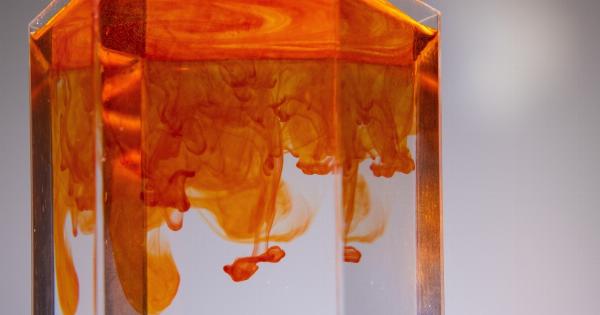It’s a timeless question that we’ve all heard at some point in our lives. Whether it’s from a doctor, a boss, a friend, or a family member, this question can make us feel anxious, hopeful, or even terrified.
But why do we always want to know the bad news first?.
The Psychology of Good News and Bad News
Psychologists have studied the order in which we receive news and how it affects us. The phenomenon is called “anticipatory affect,” which means that the emotion we feel while waiting for news can influence how we react to it.
One study published in the Journal of Personality and Social Psychology found that people preferred to hear bad news first because it gave them a sense of relief when they heard the good news.
The researchers also found that people who received bad news first were more likely to find the good news to be more positive and feel happier overall.
Another study published in Organizational Behavior and Human Decision Processes found that people who received bad news first tended to make more careful and thoughtful decisions than those who heard good news first.
The researchers believe that this is because bad news requires more cognitive processing and attention than good news.
The Good News
Now, onto the good news. It’s always easier to hear the bad news first, so let’s start with the good news.
The good news is that there is always hope. No matter how bad things may seem, there is always a way forward. There are always people who care about us and want to help us. There are always opportunities for growth and learning.
Whether it’s getting a promotion at work, finding love, or overcoming a personal challenge, good news can be a powerful motivator.
It can inspire us to reach our goals, to be kinder to ourselves and others, and to make positive changes in our lives.
The Bad News
Now, for the bad news. It’s never easy to hear bad news, but sometimes it’s necessary for our growth and well-being. So, here it is:.
The bad news is that life is unpredictable. We can’t control everything that happens to us, and sometimes bad things happen despite our best efforts. We may experience losses, failures, and hardships that can be devastating.
We may have to face difficult decisions, make sacrifices, and let go of things we hold dear.
But even in the face of adversity, we can find strength and resilience. We can learn from our mistakes, embrace our challenges, and find ways to grow and adapt.
We can find meaning and purpose in even the darkest moments and use them to become better versions of ourselves.
Conclusion
So, which news did you want first? No matter what your answer is, it’s important to remember that good and bad news are both part of the human experience. We can’t always control what happens to us, but we can control how we react to it.
We can choose to focus on the positive and find hope and joy in even the most difficult situations.
So, the next time you’re faced with the question “I have good news and bad news, which one do you want first?” remember that it’s not about the order in which you receive the news, but about how you choose to respond to it.





























